I spent most of September travelling in the United States on a State Department sponsored fellowship, the International Visitor Leadership Programme (IVLP). My previous trips to the US have all been brief ones, and so this was bound to be a different experience.
On the IVLP I spent three weeks travelling around the US, visiting four cities – Washington, DC; New York; Tampa, Florida, and San Francisco, California. My group was selected to participate in an ‘Information Technology & New Media’ programme; we held meetings with government agenc
Again and again America reminded me of Nigeria. A land of very many different peoples, compelled to find ways to live together. Think of Nigeria as a United States of Nigeria, comprising 36 states. (More on that later!)
My limited knowledge suggests that the first remarkable Nigerian encounters with the United States are relatively recent. Between 1925 and 1934, a young Nigerian named Nnamdi Azikiwe went on a studying binge in America, bagging one bachelor’s and two master’s degrees.
Inspired by Azikiwe’s American sojourn, two young Igbo men, Mbonu Ojike and Ozumba Mbadiwe, decided to take an American education in the 1940s. Ojike was particularly a hit with the Americans; by the mid-1940s hewas travelling around the country speaking about the continent he called home. In 1947 he published a book titled, ‘I have two countries’, about his experiences in America. (Both men would return home to become two of Nigeria’s most colourful politicians).
Advertisement
The second instalment in the autobiographical trilogy of one-time Nigerian Minister of Education, the late Aliyu ‘Babs’ Fafunwa, is titled: ‘To America and Back Alive!’ It is an account of his years studying in America, from January 1948 until 1955 when he became the first Nigerian to earn a doctorate degree in Education. (In the era of the Azikiwes and Fafunwas, travelling to America for a higher education was not something Nigerians commonly did. Britain was the preferred destination, ostensibly on account of the colonial links, and the fact that until independence in 1960 Nigerians carried British passports, and the biggest obstacle to travelling to the UK were financial, not consular).
In the early 1960s the poet and playwright John Pepper Clark travelled to America on a year-long all expenses paid fellowship at Princeton University. His experience there was very much unlike Ojike’s. Before the fellowship was over, he was expelled from Princeton, and from America. The organisers of his fellowship accused him of truancy, and for showing “disdain for everything Princetonian and American.”
Clark’s experience notwithstanding, America has come to assert itself as the pre-eminent place of refuge for Nigeria’s intellectuals – writers, scientists, University professors. After the civil war ended, it was to America that Chinua Achebe went, to get away from the pain and frustration of an unfulfilled dream. Twenty years later, he would return there, for good this time, after the accident that crippled him. Wole Soyinka has also had America as his second address for more than two decades now. And it is to the ‘land of the free and the home of the brave’ that tens of thousands ofNigeriandoctors and accountants and engineers and pharmacists and nurses and University professors have fled, when Nigeria failed them, as it did spectacularly during the 1980s and 1990s, when Babangida’s ill-implemented economic reforms began to fail.
Advertisement
Apart from those seemingly-welcoming arms, another defining ‘Americanism’ is the immensity of its self-belief; the certitude of the sense of ‘exceptionalism’ that Vladimir Putin was forced to raise a protest against in the pages of the New York Times in 2013. The Russian leader insisted that “[it] is extremely dangerous to encourage people to see themselves as exceptional, whatever the motivation.”
Tall dream. What would America be without that exceptionalism? And yet that self-belief reminds me, at every turn, of Nigeria. We started out our independent life regarding ourselves as ‘the giant of Africa’, and even after almost sixty years of broken dreams, we’ve still not completely lost our sense of specialness, the feeling that God holds a Nigerian passport.
Nigeria was once on course to become the America of Africa. Home to more black people than any other country in the world, attaining its independence in a wave of optimism and goodwill that had scarcely been seen until then. We were, from the point of view of potential, the ‘Giant of Africa’, and all that remained was for us to demonstrate it. When Prime Minister Tafawa Balewa paid a state visit in 1961, he was received with almost the same enthusiasm with which America recently received the Pope. He even got a chance to address the US Congress.
In the 1960s, 1970s and 1980s we were a strong voice against apartheid, offering loud condemnation, as well as scholarships to ANC youth, and funding to the party. We supplied army chiefs and Supreme Court Justices to other African countries. In 1987 President Babangida launched a Technical Aid Corps (TAC) scheme to provide personnel to the governments of African and Caribbean countries. Also under Babangida, foreign Minister Bolaji Akinyemi advanced the dream of Nigeria as a black nuclear power. In the 1990s we led the military intervention in the civil wars in Liberia and Sierra Leone. During the second coming of Olusegun Obasanjo the NEPAD vision was like a re-awakening of the continental leadership ambitions of his first stint in power. (Since Obasanjo left, however, we seem to have gone mostly to sleep).
Advertisement
There is much about us that can be great; imperialist even (admittedly, there is really no longer any need to flaunt imperialist ambitions in this day and age). But we keep sabotaging ourselves. Instead of making our passport a thing of pride, like the United States, we have turned it into an icon of embarrassment. And yet America was not always an embodiment of greatness in the way we see it today. Until the Second World War in fact, Britain appears to have regarded the US with condescension. Fafunwa recalls that when he tried to get the British passport he would travel on to America, the English Immigration Officer tried his hardest to dissuade him. “Don’t you know that American Universities are little better than British secondary schools?” the man told Fafunwa. “Furthermore, most Americans are illiterate and unrefined.” Now imagine a British immigration office trying to say the same about American Universities today?
America leaves me with more questions than answers. Some of these questions may hold some insight into the future of Nigeria. One of those questions is this: how has America has managed to keep on a course of fairly consistent greatness, spite of all its many shortcomings.This is a country that leads the world in many things, but you look at most of its people and realise that they are not a special breed of people. As we say in these parts, they haven’t got two heads.
Watching the Republican presidential debates, and some of the arguments put forward by persons who intend to lead the greatest country in the world, watching clowns like Donald Trump (and Sarah Palin before him) come close to the American Presidency; listening to the depressing, interminable debating about guns and gun crime; considering that the racism that the Azikiwes and Fafunwas had to deal with all those decades agoappears not to have left the room but instead only slid behind the curtains, one starts to feel a bit more hopeful about Nigeria. If America can do it, perhaps we can as well.
I have my theories about the possible answers to those questions about how America manages to ‘do it’ again and again, but they will be for another instalment of this column.
Advertisement
Follow me on Twitter: @toluogunlesi
Advertisement
1 comments
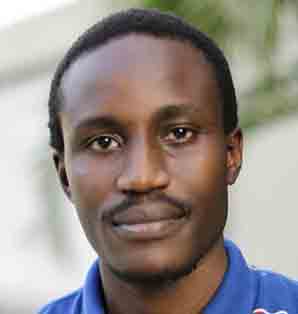
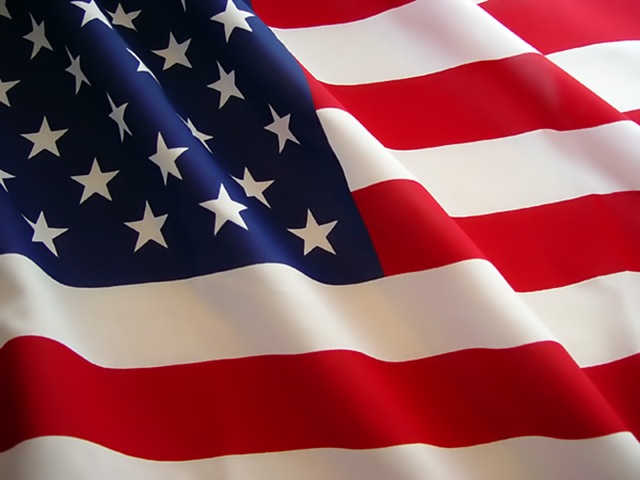
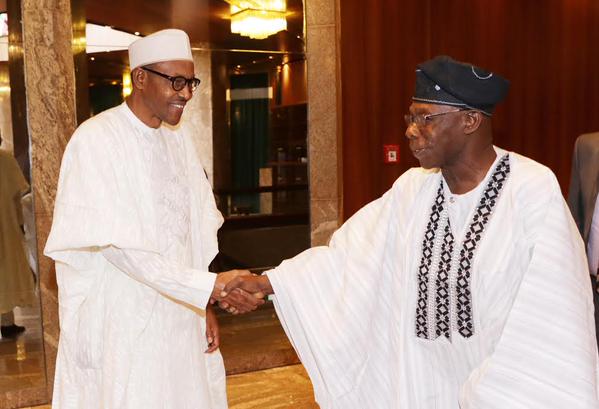
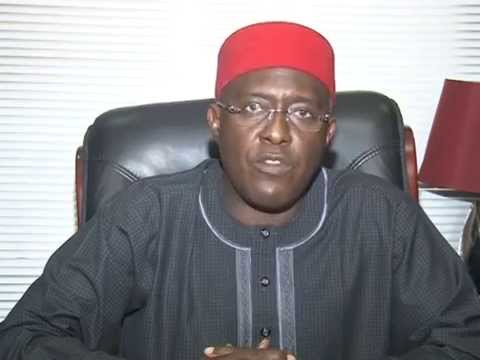
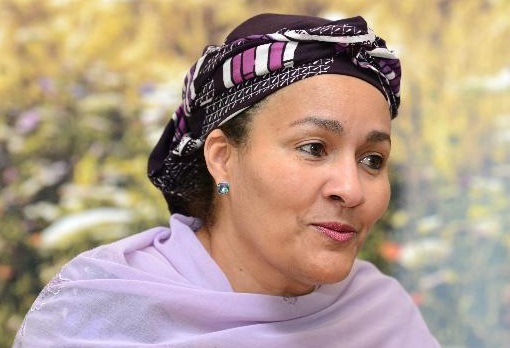
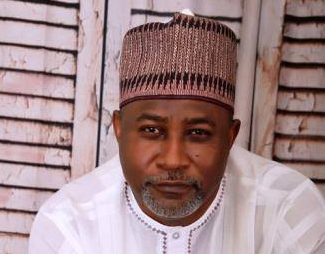
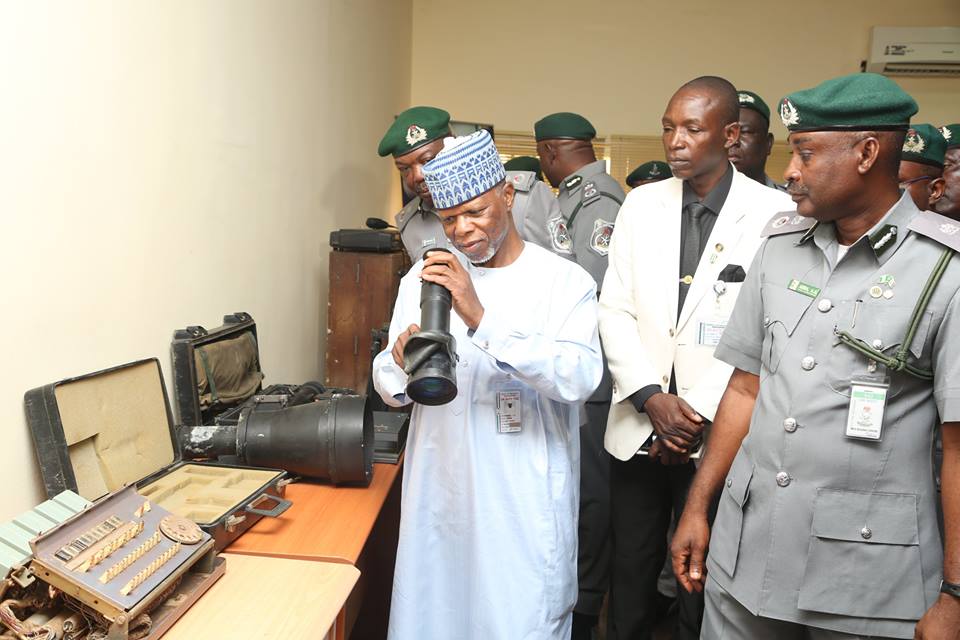
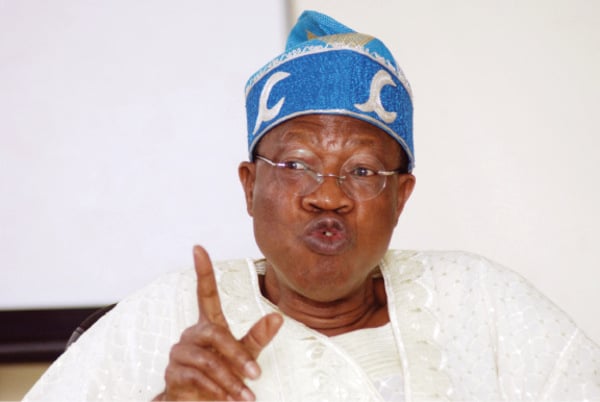
As usual, an articulate article from this writer. Good job. In my opinion and first-hand experience, having lived, schooled, & worked in the US for over two decades, it is crystal clear to me that one major reason America sustains its greatness is the unconditional enforcement and sanctity of its rule of law. In the US, the law is truly no respecter of anybody. Or rather, the law respects everybody and it respects nobody. Even the racism we all know is a huge flaw of the American society, if you’re a victim and you have proof, trust me, the law is on your side NO MATTER who the offender is. Until we can respect, uphold and enforce our laws, not much will change. We will remain a jungle republic. We have good laws in the books, that are supposed to guide our behavior in all we do, but there’s almost ZERO enforcement. Bad behavior in Nigeria, almost all the time, has no corrective or punitive consequences. As a result, there’s no serious incentive to be fair or law-abiding. In reality, obeying the law in Nigeria is optional based on individual moral and ethical compass. I will argue Americans are neither special people nor saints. Their society just makes it very costly to break the rules. Impunity is highly risky, and for this singular reason, all rational people will make a better choice of following the rules.
Nigeria can be great too. I have no doubt in my mind about that. We, the people, just need to resolve to respect our laws, and our law “enforcers” need to do their jobs. May God bless the USA and may God bless and help Nigeria get there. Yes, we can do it. We just need to get serious.